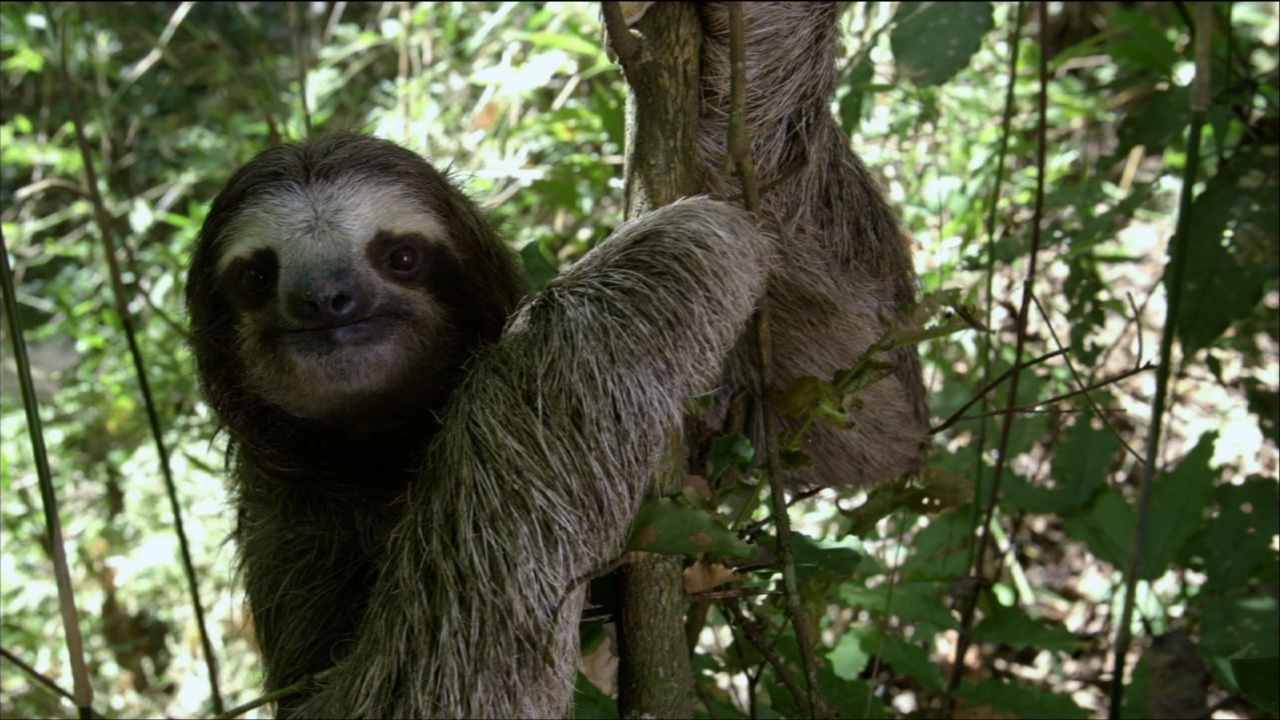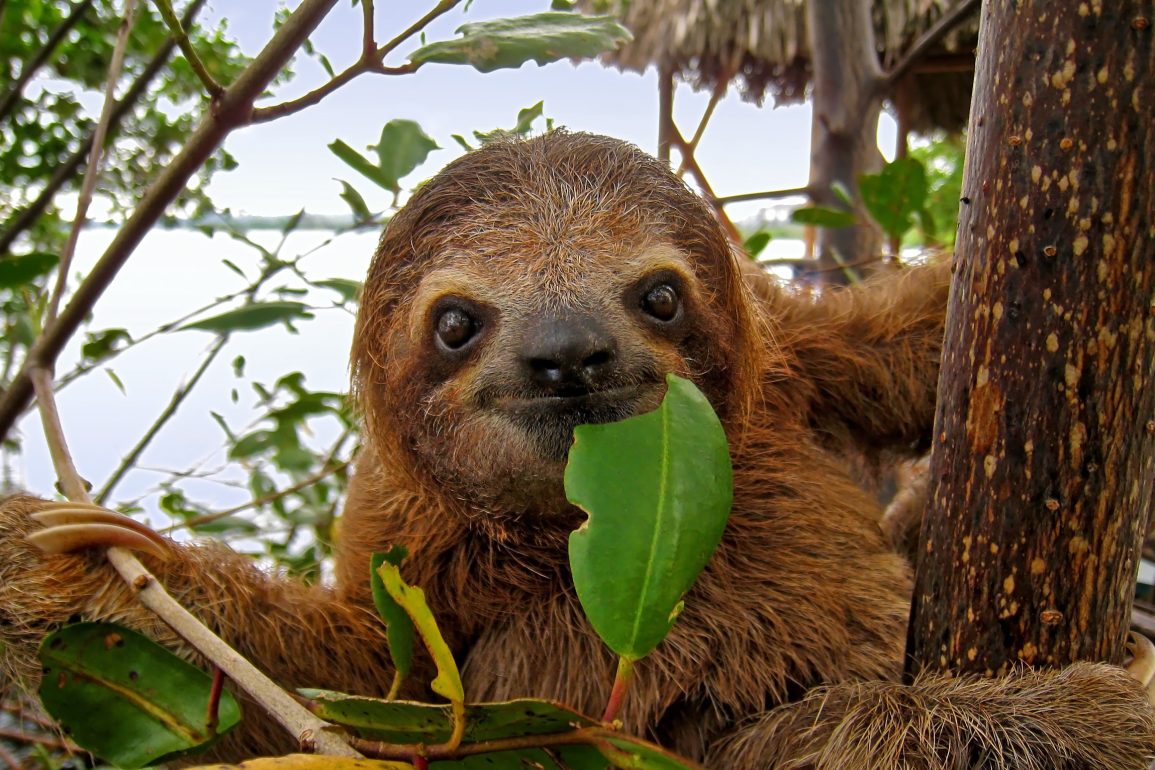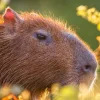Sloths are remarkable animals that have fascinated people for centuries. As members of the group Xenarthrans, they have been evolving for around 65 million years, tracing their origins back to the age of dinosaurs.
This extensive evolutionary history has allowed sloths to diversify into a unique group of mammals with distinctive and quirky characteristics. However, many people wonder what ecological role sloths serve in the grand scheme of nature.
In the natural world, every living organism typically has a specific function, whether as a predator, prey, or integral part of an ecosystem. Yet sloths often evade simple categorization in this context. The human tendency to seek purpose in living beings drives the inquiry into their ecological significance.
Nonetheless, nature operates independently of human concepts of purpose; what truly matters is the survival of species. Those that adapt and thrive continue to exist, while others face extinction.
Historically, sloths were among the most successful and diverse mammals, capable of inhabiting various environments across continents. They thrived in areas ranging from the lush forests of North America to the dense jungles of Central and South America. This adaptability highlights the evolutionary success of sloths and their ability to colonize and flourish in different ecosystems over millions of years.

Many of the roles humans associate with sloths today often relate to their extinct relatives. For example, giant ground sloths played a crucial role in dispersing avocado seeds. Fossil evidence indicates that these large creatures consumed avocados and helped transport their seeds over significant distances, allowing the plants to establish themselves in new areas. This relationship illustrates the important contributions sloths made to their ecosystems in the past.
Additionally, the Shasta ground sloth was essential for the survival of Joshua trees, acting as a primary pollinator and seed disperser for these iconic plants. The decline of giant ground sloths has been linked to the challenges faced by Joshua trees, which now struggle to adapt to changing environments without their former ecological partners.
Modern sloth species continue to play vital roles in their ecosystems. Classified as “grazers” in stomach physiology and “browsers” in diet, sloths consume tree leaves while promoting the health of their environment. Their unique digestive processes lead to the gradual breakdown of their feces, which releases crucial minerals and nutrients into the soil, supporting tree growth and overall forest health.
Despite their important contributions, sloths face numerous threats, including climate change, habitat loss, and dangers posed by humans. Their adorable appearance often wins the affection of many, emphasizing the need to protect these creatures and their habitats.
By recognizing the roles sloths play in maintaining ecological balance and the joy they bring to human life, we can work together to ensure their survival for future generations. Happy International Sloth Day!

